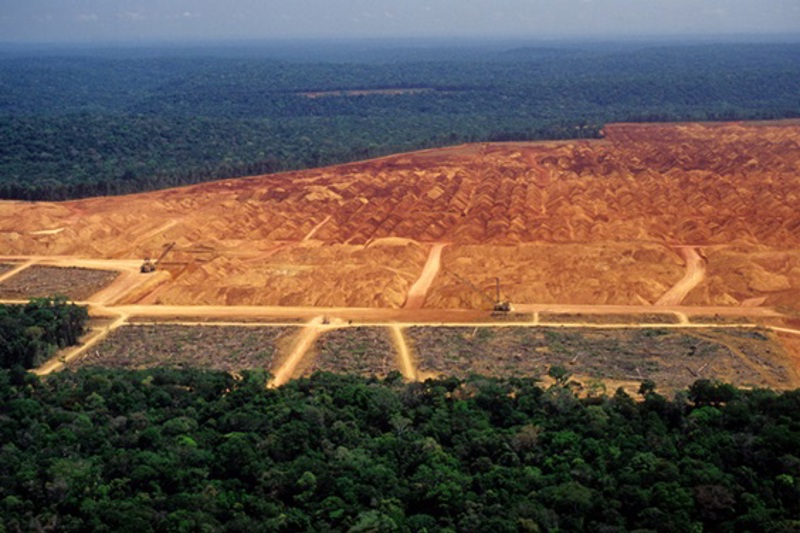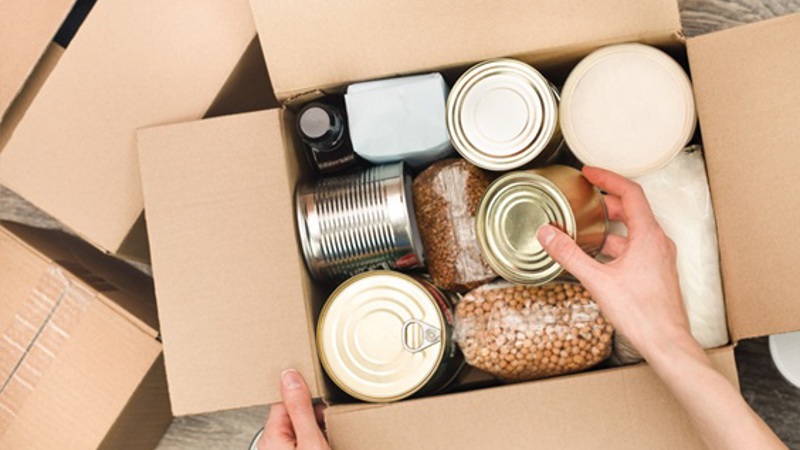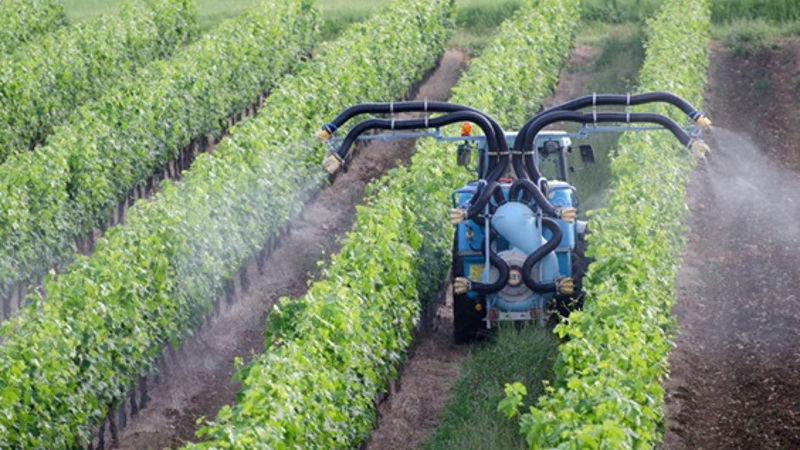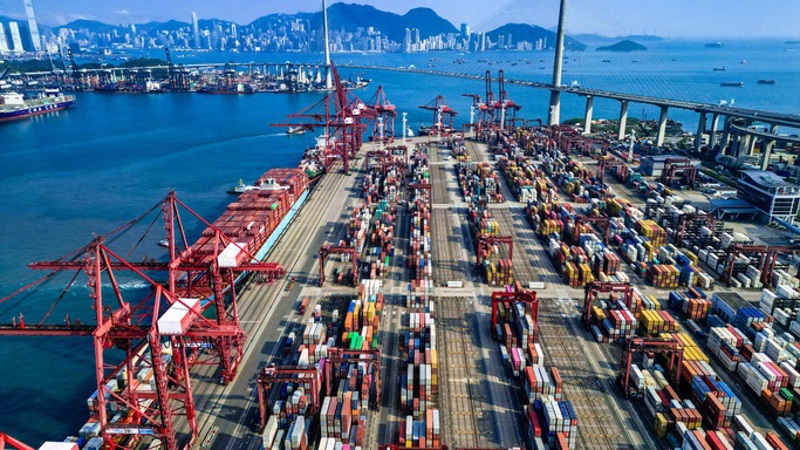The European Deforestation Regulation: a (practical) update
November 2024
This blog[1] provides an update on the implementation of the EU 2023 'Regulation on the making available on the Union market and the export from the Union of certain commodities and products associated with deforestation and forest degradation' (in short, 'the Deforestation Regulation' or 'Regulation'). First, the implications of the Deforestation Regulation are briefly set out. Then the authorities in charge of enforcement and the possible implications thereof are discussed. Finally, some contract clauses are discussed from a civil law perspective: how can traders arm themselves - among traders - in the event of compliance issues?
The Deforestation Regulation in a nutshell
The rules would initially apply from 30 December 2024. However, the Council of the European Union recently agreed to postpone the date of application by 12 months. This would in their view provide legal certainty, predictability and sufficient time for a smooth and effective implementation of the Regulation.[2] The European Parliament has yet to agree to the postponement. If the European Parliament votes in favour of postponement, the obligations stemming from the Regulation will be binding from 30 December 2025 for large operators and traders and from 30 June 2026 for micro- and small enterprises (‘SMEs’).
Which products are involved? There are seven: cattle, cocoa, coffee, oil palm, rubber, soy and wood. The Deforestation Regulation also applies to products derived from them. These are listed in Annex I[3] to the Regulation. Such products include chocolate, furniture or leather. The rules not only affect imports into the European Union, but also their exports.
From the date of entry into force, it will be prohibited to import into or to export these products from the EU, unless the products are:
- deforestation-free;
- produced in accordance with local legislation (country of origin), including social and environmental legislation; and
- accompanied by a due diligence statement.
This statement should include a risk assessment of whether there is a risk that the products are not compliant with the Regulation. The parties are only allowed to place these products on the market if that risk is negligible. The products must not originate from after 31 December 2020 deforested areas. That date is called the 'cut-off date'.
The rules are aimed at large enterprises ('traders' and ‘operators’). SMEs are also governed by the Regulation from June 2026 (should the European Parliament agree to the above-mentioned postponement). Financials such as banks and insurers are not subject to the Regulation yet. According to Article 34(4) Deforestation Regulation they most likely will be in the future.
Wetlands and savannahs are also expected to fall within the scope of the Regulation at a later date. Deforestation in, for example, the Cerrado (the most biodiverse savannah in the world, located in Brazil) remains as high as ever. It may be that products such as corn and biofuels will then be added to the aforementioned list of products, which follows from Articles 34(2) and (3) Deforestation Regulation.
Enforcement
In the Netherlands, enforcement of the rules is mandated to the Netherlands Food and Consumer Product Safety Authority (‘NVWA’). The NVWA has designed a handy tool (in Dutch) for companies and individuals which can be consulted via this link: https://www.nvwa.nl/onderwerpen/eudr-ontbossingsverordening/regelhulp-eudr. It allows companies to easily verify the requirements applicable to them, and from when they have to comply with the EUDR. It is interesting to note that the NVWA seems to deviate from the text of the Regulation in one case.
The NVWA uses a risk-based approach. In doing so, the NVWA observes the country benchmarking system established by the European Commission. Exporting countries[4] are classified in the risk categories low, standard or high. The NVWA inspects the following (minimum) percentages for the seven commodities:
- 1% of imports/exports from low-risk countries
- 3% of imports/exports from standard risk countries
- 9% of imports/exports from high-risk countries
Depending on the assigned risk level, the requirements that the due diligence process must meet, vary.
Violation of the rules can lead to hefty penalties, including fines of up to 4% of their EU turnover, confiscation of products and, in case of recidivism, temporary EU trade bans.
Challenges
The Regulation has far-reaching implications for international traders. In fact, the entire supply chain starting at local farmers must be mapped and documented. Operators have to set up processes to ensure compliance. In practice, for example, all soy is collected from various farms and subsequently stored and carried in bulk during the logistics process. This can no longer be done. Raw materials must be compliant before procurement and certainly before shipping.
Meanwhile, there have been mounting calls to delay its entry into force. A number of European member states warn of the Regulation's unenforceability and the problems of a sharp increase in administrative burdens. To this date, some member states have not yet designated an authority to be in charge of enforcing the Regulation.
The Brazilian government has joined the postponement request. This is because its logistics infrastructure is geared towards so-called 'pool storage' of products. Because of the Regulation, separate systems must be set up to avoid mixing compliant products with non-compliant products.
As stated earlier, the Council of the European Union has agreed to postpone the date of application by 12 months or 18 months respectively. It is expected that the European Parliament will also agree to this postponement.
Arming oneself: contract clauses
We conclude this blog with some recommendations for contract makers. By this we mean those who are engaged in drafting general terms and conditions of purchase and sale as well as purchase and sale contracts. Note: the recommendations cannot prevent (administrative) enforcement by the NVWA. In particular, the recommendations focus on sharing the (civil law) risks and consequences after enforcement between traders and operators.
The Federation of Oils, Seeds and Fats Associations (FOSFA) drafted a nice standard clause for use in contracts. That clause is shown below.
FOSFA INTERNATIONAL - EUDR
This clause shall be applicable to Goods placed on the EU market on or after 30 December 2024.[5] The Goods must adhere to Commission Regulation (EU) 2023/1115 or any subsequent regulations within the existing legal framework.
Consideration could also be given to clauses containing information requirements. After all, before placing the relevant products on the EU market, operators or traders will have to be able (i) to establish that there is no or only a negligible risk that the products originate from deforested areas after the cut-off date and (ii) that the products have been produced in compliance with relevant local legislation. This information is required for the due diligence statement.
Guarantees may also be requested from the seller in which the seller guarantees that the product has not been mixed with product that may originate from deforested areas after 31 December 2020. Consideration could be given to setting out the consequences of breaching such a guarantee: for example, damages and/or termination (Dutch: ontbinding).
In case of compliance issues, it may be good to have cooperation obligations for the seller inserted in contracts. In addition, it may also be an idea to insert indemnities for (financial) damage for the seller. And what remedies does the buyer have in case of default?
Finally, a recommendation from a different angle. Suppose there is a compliance issue. Your seller is based in, say, Brazil or Zambia. You obtain a favourable Dutch judgment establishing that the seller should indeed indemnify your company for the damages incurred. Next, enforcement of this European judgment in Brazil or Zambia probably becomes tricky. Enforcement likely becomes easier if the parties have agreed to arbitration. After all, both the Netherlands, Brazil and Zambia are parties to the New York Arbitration Convention. The said convention deals with the recognition and enforcement of foreign arbitral awards. Consequently, an arbitral award can be enforced in many countries. If the seller (or your buyer) is based outside Europe, an arbitration clause in your purchase or sale contracts is at least worth considering.
* * *
[1] Continuation of this blog (in Dutch): https://www.vantraa.nl/nl/kennis/europees-parlement-stemt-voor-europese-ontbossingsverordening-gevolgen-voor-operators-en-commoditytraders/
[2] EU deforestation law: Co uncil agrees to extend application timeline - Consilium
[3] Annex 1 of the European regulation (EU) 2023/1115
[4] In Dutch: https://www.nvwa.nl/onderwerpen/eudr-ontbossingsverordening/controle-door-nvwa
[5] As said, the mentioned date will likely be changed.











